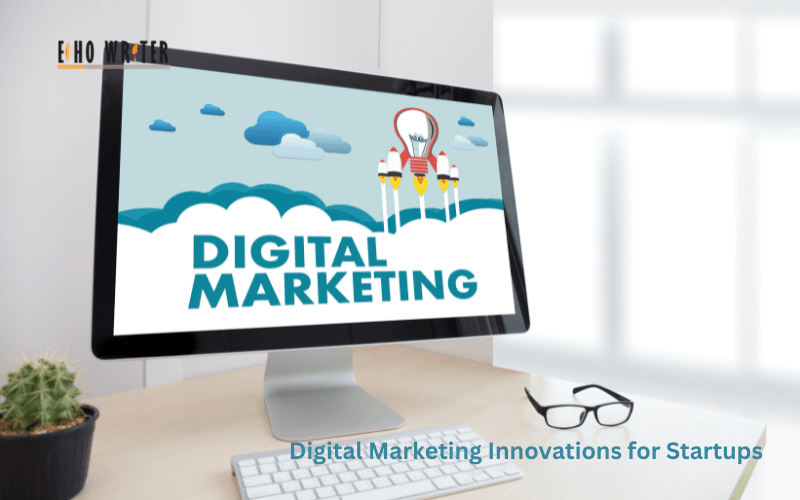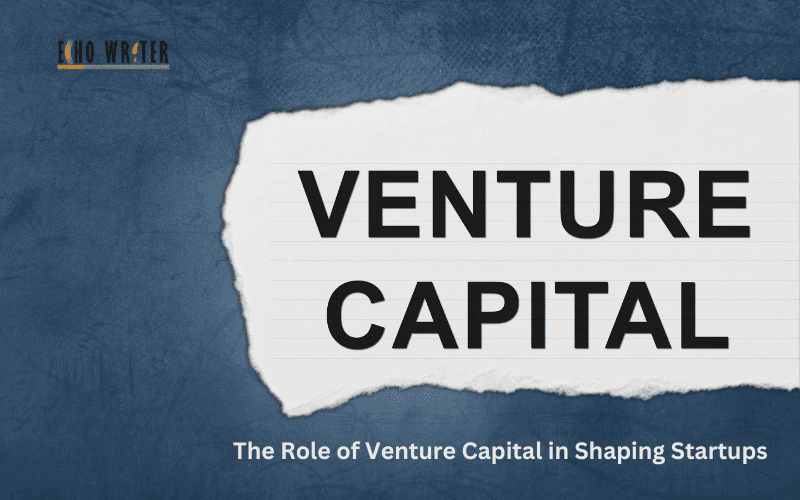Introduction
Startups are disrupting sectors through revolutionary ideas and the latest disruptive technologies. In 2025, key trends are likely to emerge in this entrepreneurial ecosystem that will help solve the problems of the world and satisfy changing consumer needs. Entrepreneurs who anticipate these changes will unlock growth and innovation unprecedented in their time.
The Importance of Identifying Startup Trends
Understanding future trends enables entrepreneurs to predict the needs of the market, respond to technological shifts, and create strategies that position their businesses for success. The speed of innovation is such that it makes agility and foresight critical for a startup.
Overview of Startup Trends in 2025
Startups have now been using revolutionary technologies like AI-driven solutions and sustainable business models to meet consumer demands, including tackling global challenges like climate change and economic uncertainty.
Key Startup Trends in 2025
Artificial Intelligence (AI) Driving Innovation
AI is a game-changer for startups, enabling personalized services, predictive analytics, and operational efficiency. In 2025, startups are leveraging AI to solve industry-specific challenges, optimize resource allocation, and enhance customer experiences. AI’s role extends to healthcare, logistics, and even creative industries, helping startups push boundaries and create value.

Sustainability as a Cornerstone of Business Models
Sustainability is now an integral part of strategies that companies adopt in becoming a new startup. Firms are targeting more environmentally friendly products, solutions for renewable energy, and means of waste reduction. Besides providing regulatory compliance, startups appeal to the increasingly green-oriented consumers and investors, who consider sustainability a priority. The trend of green technologies could alter industries such as fashion, food, and transportation, with startups building businesses that align with global environmental goals.
Blockchain Technology Reshaping Trust and Transparency
Startups use blockchain to increase transparency and efficiency in sectors such as supply chain, finance, and digital identity. The decentralized nature of blockchain offers trust-based solutions that allow startups to strengthen their bonds with customers and partners.
Blockchain further endows entrepreneurs with eliminating intermediaries. The resulting costs cut and increase efficiency. Its applications in smart contracts and digital ownership are further enabling startups to innovate and offer unique value propositions to customers.

The Growth of Remote Work and Collaboration Tools
Remote work is no longer a choice but has become an inevitability. The innovations brought to the fore by startups allow it to support virtual collaboration, productivity, and communication.
It employs advanced features such as AI-powered task management and real-time analytics to optimize workflows. In addition to creating secure and scalable remote environments for supporting seamless operations across globally distributed teams, startups focus on optimizing these areas.
HealthTech Startups on the Rise
HealthTech innovations are being fueled by demand for health and wellness solutions. Startups in this space benefit from IoT, AI, and wearable technologies to deliver personalized healthcare services.HealthTech emerging solutions also focus more on mental health support and preventive care—the growing need for overall well-being. With the implementation of telemedicine and real-time health monitoring, startups make healthcare accessible to people throughout the world, who have long been underserved.
Digital Marketing Innovations for Startups
By 2025, the area of digital marketing is being implemented by many startups in order to effectively reach their potential customers. From collaborations with influencers through AI-driven marketing tools, data is used for targeted campaigns in startups. Social media, SEO, and content marketing remain the pillars of building brand visibility and customer engagement.
A more recent trend is augmented reality (AR) and virtual reality (VR) integration into marketing, keeping people engaged with content. Thus, for instance, fashion and real estate startups are applying AR for virtual try-ons and tours. In addition, the rise of short-form video content and instantaneous interactions, including live streaming, allow startups to engage directly with their customers, thereby creating trust and loyalty. Additionally, leveraging AI in analyzing user behavior provides deeper insights, allowing startups to refine their campaigns for maximum impact. By embracing these innovations, startups can differentiate themselves and establish a competitive edge.

The Role of Venture Capital in Shaping Startups
Startups required venture capital for successful inception. In 2025, investors are growing fond of startups that are innovative, sustainable, and scalable. Hence, by going along with investor preferences, entrepreneurs will get the enough capital to expand operations and bring long-term results.
Traditional funding channels alone are no longer being relied upon as much; there are the alternative ones, such as crowdfunding websites and angel networks. Apart from capital, these sources also validate business ideas through some support from the community. Furthermore, the venture capitalists offer ways of going beyond capital funding, becoming strategic partners by providing mentorship, networking, and market insights for the business. This cooperative relationship has played an important role in steering companies through problems and establishing them for long-term success. Startups that involve themselves with investors often access advisory services and other resources useful in achieving profitability and market leadership faster.

Challenges and Opportunities for Startups
Challenges
- Economic Fluctuations: Unpredictable economic conditions may affect funding availability.
- Technological adaptation: Keeping up with changing technology is also challenging.
- Regulatory Barriers: Startups face sectors requiring regulatory cross-hurdles.
Opportunities
- niche Market Innovation: Startups can generate value through identifying particular consumer needs.
- Global Collaboration: Remote work allows one to achieve global collaborations.
- Sustainability and Green Investments: Eco-friendly innovations attract customers and investors alike.
Conclusion
The startup ecosystem will reach a transformational phase in 2025. This approach will be centered on emerging trends in AI, sustainability, blockchain, and HealthTech, leading to creating businesses that are stronger and more resilient within dynamic markets. The ability to innovate and generate long-term success will therefore depend in large part on embracing trends and technologies.
FAQs
What are the top industries for startups in 2025?
HealthTech, focused on sustainability ventures, AI solutions, and blockchain-driven models, are leading industries for startups.
How can startups ensure success in competitive markets?
It shall succeed through agility, innovative use of technologies, and meeting specific consumer needs.
Why is sustainability important for startups?
Sustainability goes with customer expectations as well as allows more investment into startups while giving them a good brand image.
What role does AI play in startups?
AI increases efficiency, augments insights, and enables us to be able to provide personalized customer experiences by analyzing data.
How can startups overcome funding challenges?
Startups can get over funding by showcasing clear business models, demonstrating innovation as well as their connection with what is happening in the market.





I loved as much as you’ll receive carried out right here. The sketch is attractive, your authored material stylish. nonetheless, you command get bought an nervousness over that you wish be delivering the following. unwell unquestionably come more formerly again as exactly the same nearly a lot often inside case you shield this hike.